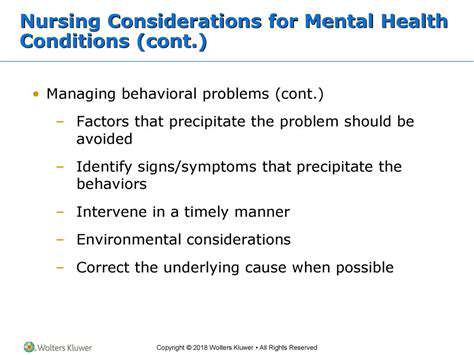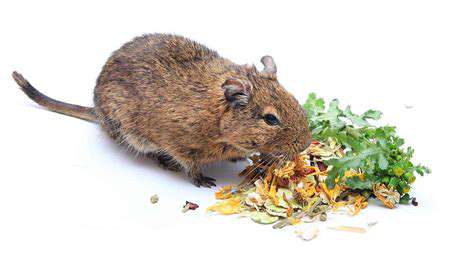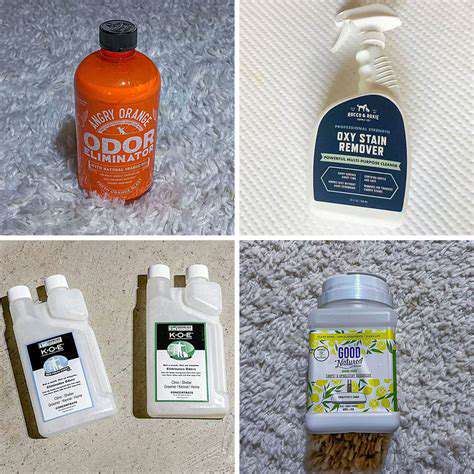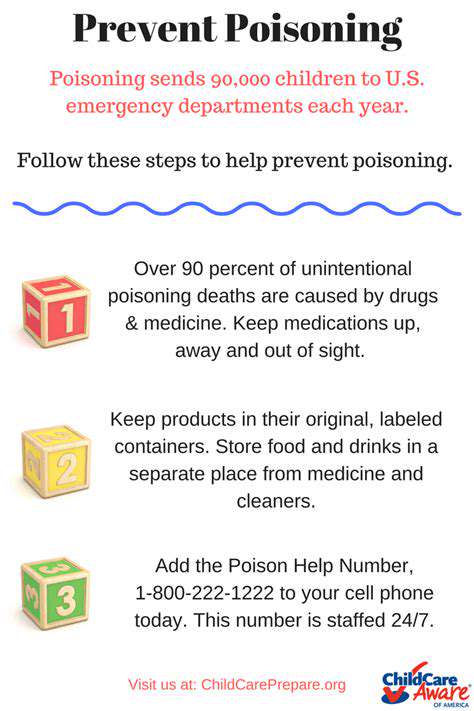Spaying and Neutering Your Pet: Benefits and Myths
Improved Longevity
Spayed and neutered pets typically live longer, healthier lives. Studies consistently show that sterilized animals have lower risks for numerous life-threatening conditions. This translates to more quality years with your beloved companion.
The absence of reproductive system diseases allows pets to maintain better overall health well into their senior years. Many veterinarians consider spaying/neutering one of the most impactful preventative health measures available.
Reduced Risk of Certain Cancers
The cancer prevention benefits of spaying/neutering can't be overstated. For females, the risk reduction for mammary tumors is particularly significant - up to 90% when spayed before the first heat cycle. Male pets avoid testicular cancer entirely through neutering.
These procedures eliminate entire categories of potentially fatal cancers, sparing pets from painful treatments and giving owners peace of mind.
Decreased Behavioral Problems
Beyond health benefits, spaying/neutering often resolves or reduces common behavioral challenges. Male cats stop spraying, dogs become less territorial, and both sexes typically show reduced aggression.
These behavioral improvements make pets more enjoyable companions and often improve their social interactions with other animals.
Lower Risk of Infections
Pyometra (a dangerous uterine infection) affects about 25% of unspayed female dogs by age 10. This life-threatening condition requires emergency treatment. Spaying completely prevents pyometra and reduces risks for other infections.
Similarly, neutered males have lower risks for prostate infections and certain urinary tract issues. Preventing these conditions through sterilization is far simpler than treating them after they develop.
Improved Overall Well-being
Without the physical and hormonal stresses of reproduction, sterilized pets often enjoy more stable moods and energy levels. They're less distracted by mating urges and can focus more on bonding with their human families.
This improved quality of life benefits both pets and their owners, creating more harmonious households and stronger relationships.
Financial Benefits
While there's an upfront cost, spaying/neutering saves money long-term by preventing expensive medical treatments. The cost of treating reproductive cancers or pyometra often far exceeds the price of sterilization.
Additionally, many communities offer low-cost spay/neuter programs to make these procedures accessible to all pet owners.

Making the Right Choice for Your Pet

Choosing the Perfect Pet
Selecting a pet requires careful thought about your lifestyle and capabilities. The decision to spay/neuter should be part of your overall commitment to responsible pet ownership. Consider how sterilization fits into your long-term plans for your animal companion.
Remember that pets thrive on stability and routine. Spaying/neutering contributes to this stability by eliminating reproductive-related stresses and behaviors.
Factors to Consider
Consult your veterinarian about the ideal timing for your pet's procedure. The optimal age varies by species, breed, and individual development. Professional guidance ensures you make the best decision for your pet's unique needs.
Also consider your living situation. Multi-pet households often benefit significantly from having all animals spayed/neutered to reduce conflicts.
Understanding Your Responsibilities
Owning a pet means committing to their lifelong wellbeing. Spaying/neutering represents one of the most important healthcare decisions you'll make for your companion. It demonstrates your commitment to preventing unnecessary suffering and overpopulation.
The procedure is just one part of comprehensive care that also includes proper nutrition, exercise, and regular veterinary checkups.
Matching Needs and Lifestyle
Ultimately, the decision to spay/neuter should align with your ability to provide the best possible life for your pet. For the vast majority of pets and owners, sterilization offers clear benefits that outweigh any perceived drawbacks.
By making this responsible choice, you join millions of pet owners helping to create healthier, happier lives for animals and more sustainable communities for all.
Read more about Spaying and Neutering Your Pet: Benefits and Myths
Hot Recommendations
- Best Pet Bowls: Stainless Steel and Ceramic
- Pet Hydration: Why It's Crucial
- Stop Counter Surfing: Training Your Dog to Stay Off
- Pet Hypothyroidism: Symptoms and Management
- Signs of Pet Liver Disease: What to Watch For
- Pet Emergency Kits: What to Pack
- Dangers of Xylitol: Toxic to Dogs
- Dealing with Pet Diarrhea: When to See a Vet
- Preparing Pets for Travel: Tips for a Smooth Trip
- Pet Depression: Recognizing the Signs











